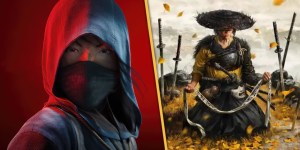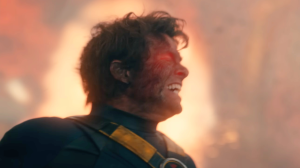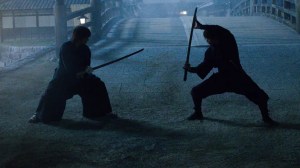Stealth games are one of my favorite genres, and in the late 90s and early 2000s, stealth action games were defined by tension, timing, and patience. Before the cinematic sprawl of open-world epics and parkour-based assassins, there was a series I loved that asked players to truly master the art of invisibility. I had to move unseen, learn enemy movement, and rely on what few weapons I had. In today’s gaming landscape, now dominated by massive stealth-action blockbusters, that old-school philosophy of disciplined, intimate stealth feels more relevant and more needed than ever.
Videos by ComicBook.com
Stealth games have seen a massive resurgence thanks to titles like Dishonored and more recently, Assassin’s Creed Shadows and Sucker Punch Productions’ Ghost of Games. But a series that came before them established what makes these so successful today, and this series needs a comeback. The golden age of the Tenchu series was one of my favorites on PlayStation and PlayStation 2, that is, before it fell off and became abandoned.
Tenchu Perfected the Art of Silent Death Before Assassin’s Creed and Ghost of Tsushima
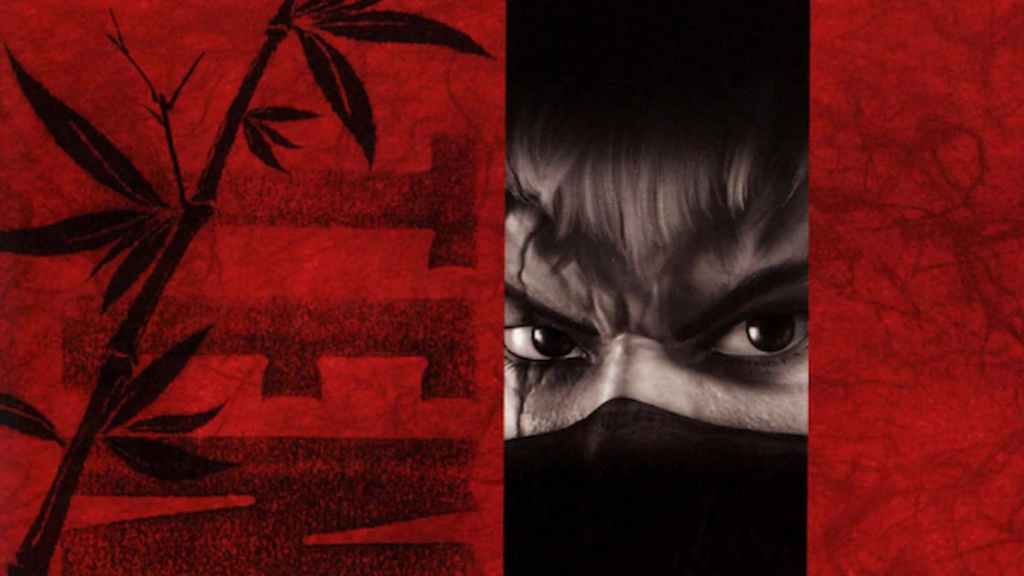
When Tenchu: Stealth Assassins arrived on the original PS1 in 1998, it redefined what it meant to be stealthy. Instead of relying on high-tech gadgets or modern espionage, it plunged me into feudal Japan and tasked me with eliminating targets. I had to rely on skill, patience, and the shadows themselves to remain undetected to succeed. Learning guard patterns, scaling rooftops, and timing movements with precision were my tools. And when I succeeded in taking out my target, it was so satisfying, especially when paired with the cinematic flash of the stealth kill animations. From deadly beheadings to humorous leg-snapping by Rin’s thighs, the series has always delivered on this aspect.
The formula was expanded in Tenchu 2: Birth of the Stealth Assassin. Improved mission design, the ability to create your own levels, and deeper storylines for its dual protagonists, Rikimaru and Ayame, pulled me in deeper. It continued the theme of restraint over power, humbling me when one wrong move led to detection and death. Every mission was a puzzle and a test of patience; reward players who observed their enemies and came up with a plan.
By the time Tenchu: Wrath of Heaven was released on the PS2, the series’ identity had evolved into something truly special. It utilized the visuals, controls, and atmosphere to turn a game about sneaking in the shadows into one of artistry in its movement and execution. Then came the game Tenchu: Fatal Shadows, the last truly great entry in the series. It refined the mechanics further while making the games more cinematic. It felt like a culmination of everything the series was building up to, and its influences are clear to see in titles like Ghost of Tsushima and Assassin’s Creed Shadows.
From PS1 Legend to Forgotten Assassin
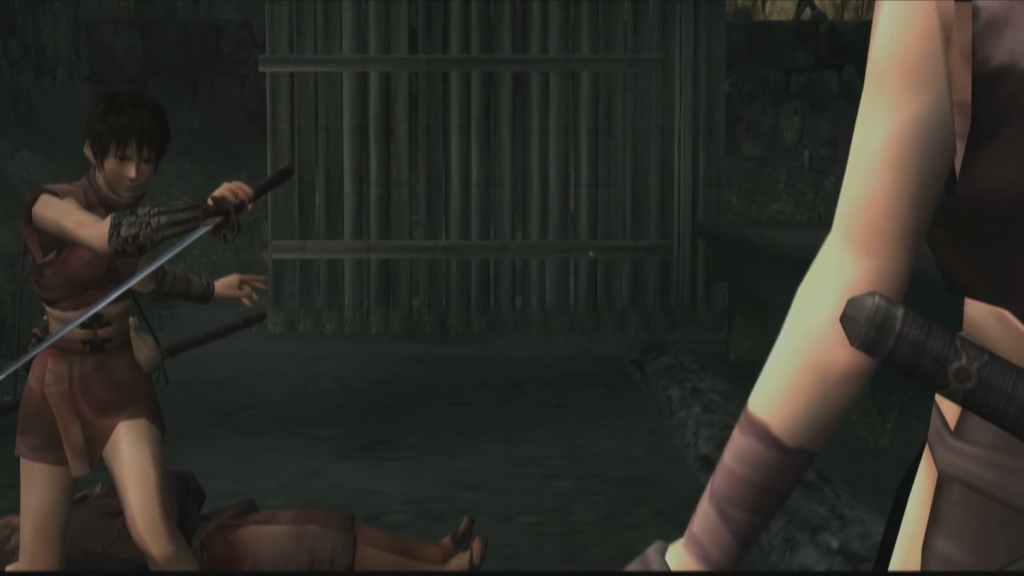
After Fatal Shadows, the series began to lose its way. The Nintendo DS entry was awful to play because of its clunky controls, and the simplified mechanics stripped away its identity. Then came Tenchu Z, an Xbox 360 exclusive, that swapped Rikimaru and Ayame for a customizable, voiceless ninja. While I love character customization, it just didn’t work here. It took away the atmosphere and motivation for playing. Without Rikimaru and Ayame as the leads, I lost interest in the game quickly.
The decline continued with a pair of underwhelming and uninspired spin-offs, an arcade title, and a Wii release, but both were serviceable at best. The once-proud stealth series I loved was dying, and after these games, it seemingly disappeared altogether. There isn’t even a way to play the older titles, arguably the best in the series, without an old console.
Meanwhile, other franchises were taking off in the stealth genre. Ubisoft’s Assassin’s Creed was making a name for itself, while titles like Dishonored and Mark of the Ninja shaped the genre in Tenchu’s absence. Then Ghost of Tsushima, and its sequel, Ghost of Yotei, seemed to perfect this formula on modern consoles while also adhering to moral undertones about honor and duty. But for all these advancements, I still miss the raw tension of sneaking through mist-shrouded courtyards, with only the flicker of a torch between life and death.
Tenchu’s Rikimaru and Ayame Need a Return
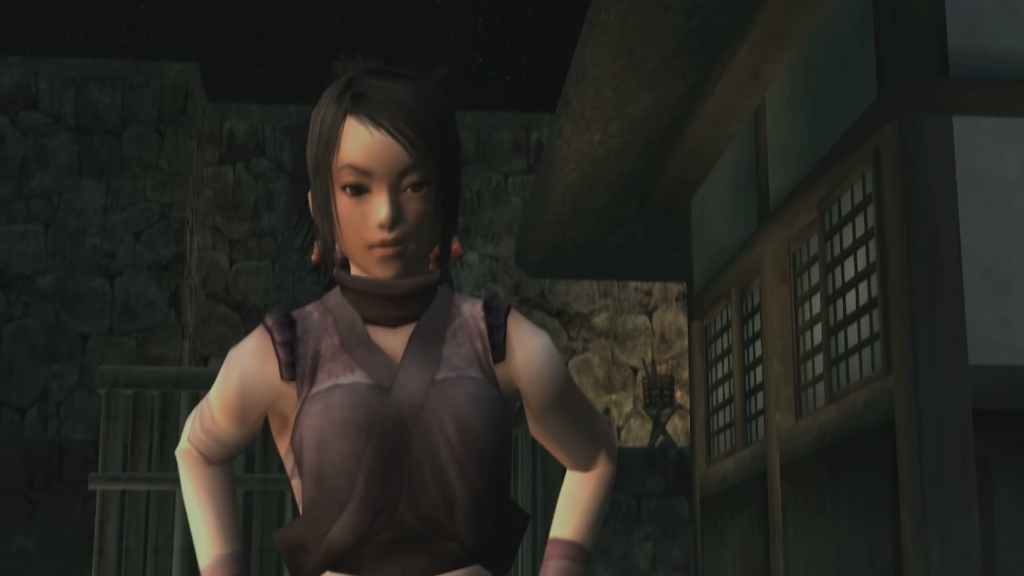
Rikimaru and Ayame were more than just protagonists of a beloved stealth franchise; they were reflections of the duality within the ninja code. Rikimaru was stoic and deliberate, a silent shadow who struck with patience and precision. Ayama was fiery and impulsive, representing raw emotion and the chaos of vengeance. Together, they gave Tenchu its soul. Their dynamic carried through the series, grounding the supernatural elements in human emotions, moments, and connections. Even Rin, who was a late edition in Fatal Shadows, proved to be an endearing character in a single game.
A modern return could reintroduce these legendary assassins in a way that blends nostalgia with innovation. A remaster or reboot of Tenchu rebuilt with today’s technology would be amazing. It would take the best parts of Ghost of Tsushima’s stealth and take full advantage of them. As the games are not intertwined with a samurai narrative, a revival could easily be one of the best stealth games of this generation. Heck, I’d even take just a rerelease of the first four games as is if it meant I could play Tenchu again.
The series’ absence left a gap that no game has been able to fill since. Assassin’s Creed Shadows and Ghost Tsushima have come close, but I miss the fully embraced stealth systems. Other ninja games scratched the itch, but I don’t think I’ll be satisfied until Rikimara and Ayame return. All too often, a game incorporates stealth, but makes it optional. This detracts from the tension and creative approaches that made the Tenchu games so good. The time for silent death has returned, and it should be Tenchu leading the revival.
What do you think? Leave a comment below and join the conversation now in the ComicBook Forum!

